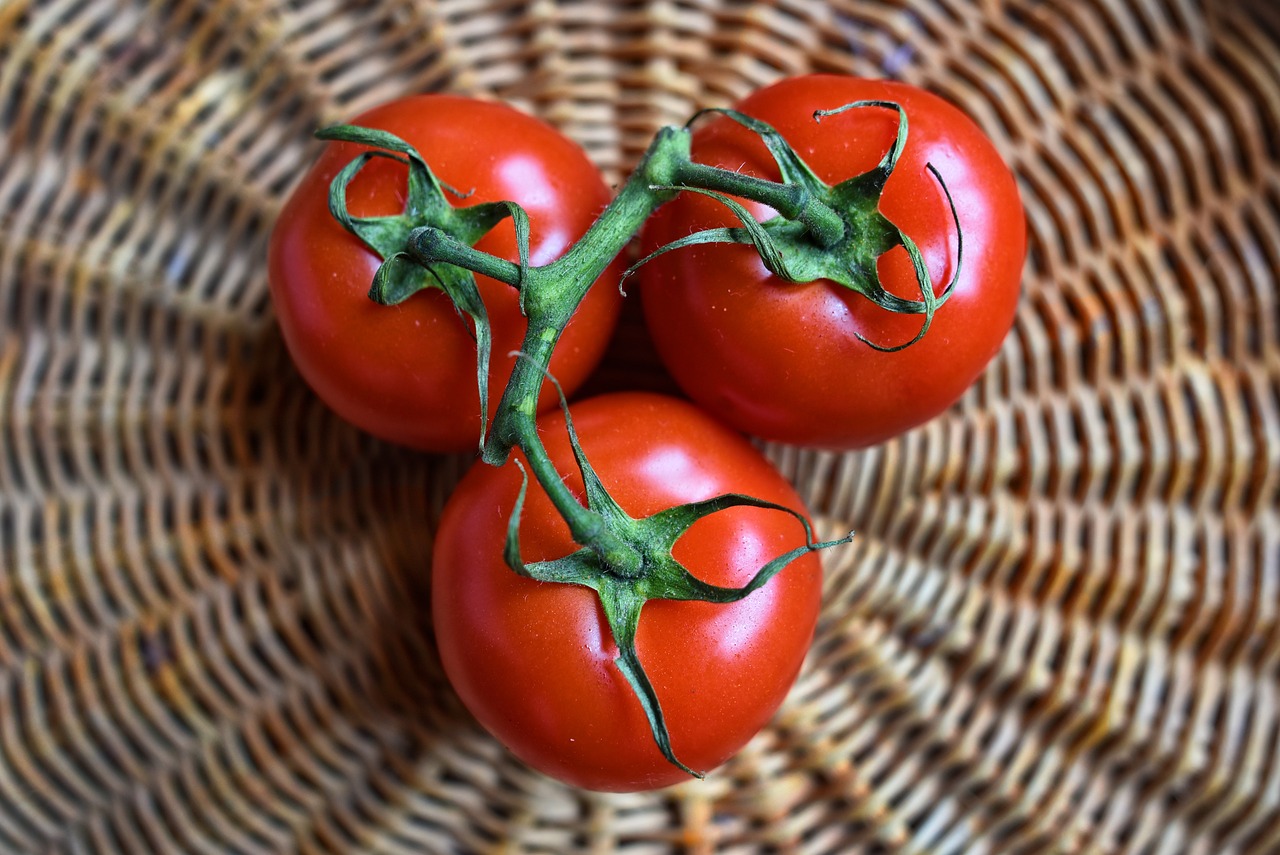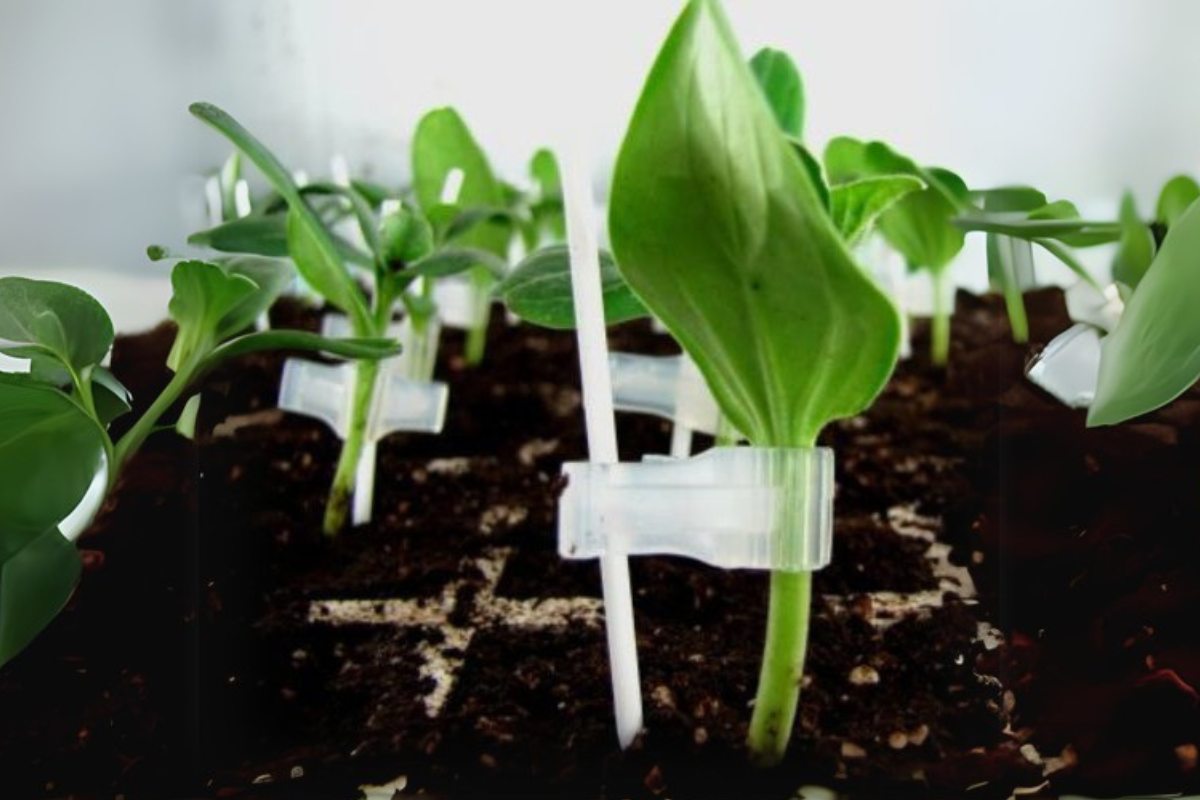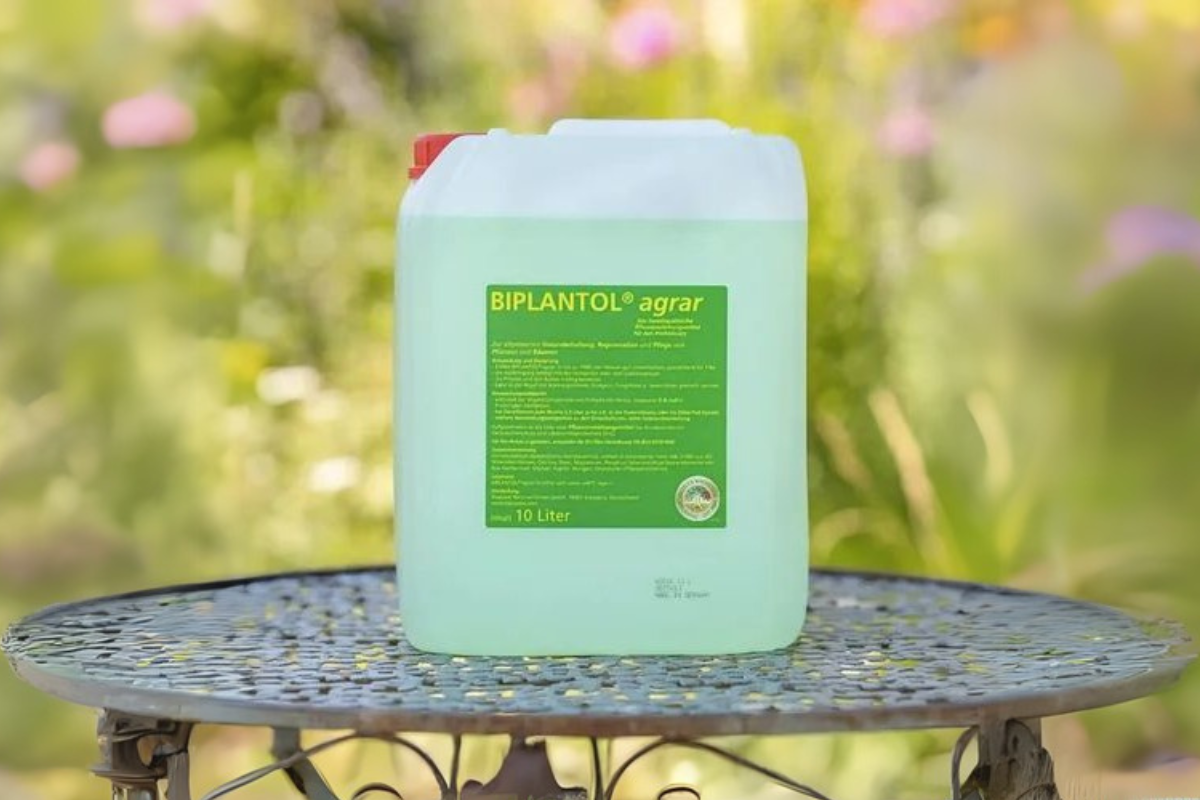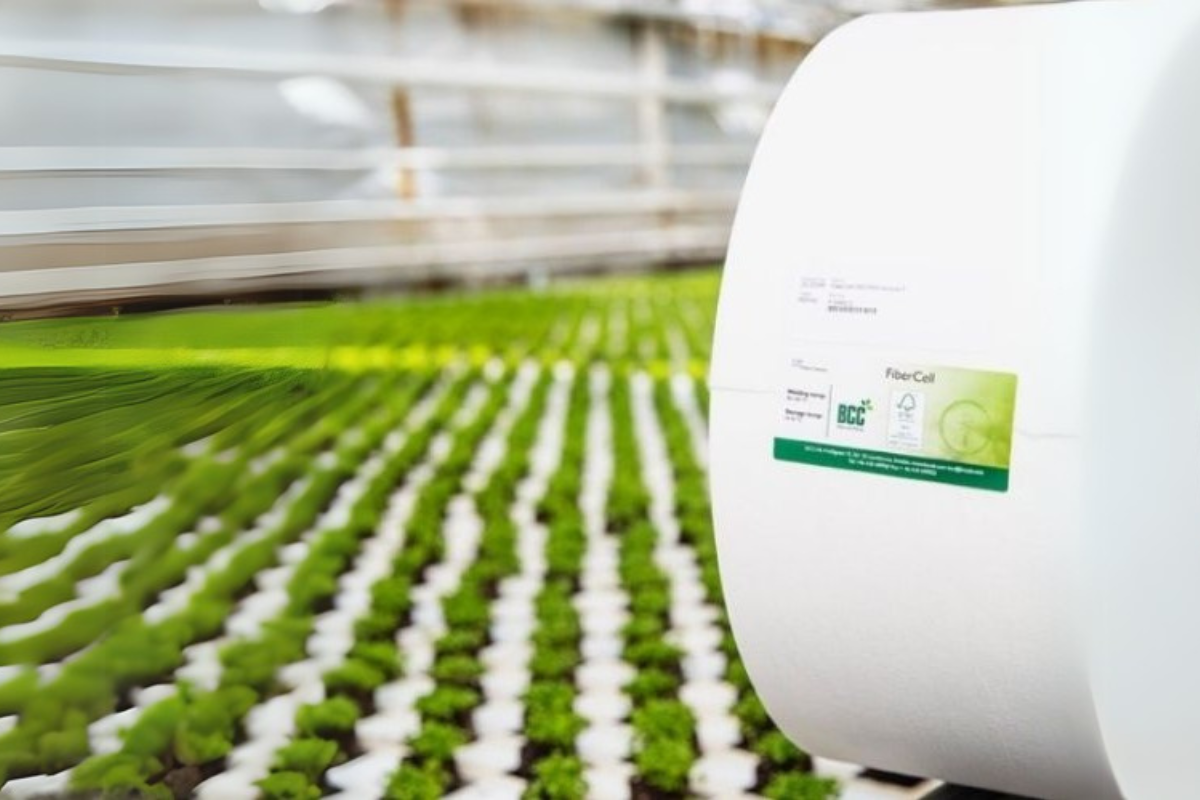Transitioning to an organic lifestyle.

The Organic Way of Life: Embracing Sustainability and Health
The organic way of life is a unique philosophy passed down through ancient cultures. Our forefathers lived close to nature, respecting it as a deity. However, in our rush to progress, we ignored our roots, polluting the air, water, and food. Today, we consume food grown with harmful chemicals, and our lands are becoming barren due to the overuse of chemical pesticides and fertilizers. As awareness of nature conservation grows, more people are turning to organic practices, leading to the rise of organic farms, shops, and communities.
The Benefits of Embracing an Organic Lifestyle
Embracing organic practices offers numerous advantages, impacting both personal well-being and the environment. Transitioning to an organic lifestyle can start with incorporating organic produce into your daily diet.
What is Organic Food?
Organic food includes fruits and vegetables grown without synthetic pesticides, fertilizers, or genetically modified organisms (GMOs). By choosing organic foods, you reduce exposure to harmful chemicals while promoting sustainable farming practices.
Nourishing Your Body with Organic Food
Healthier Lifestyle
Organic foods support overall health and well-being. They contribute to a nutrient-dense diet that helps maintain the body’s natural functions, providing long-term health benefits.
Reduced Health Risks
One of the significant benefits of organic foods is the absence of toxic chemicals. This reduces the risk of pesticide-related health issues such as cancer, neurological diseases, and hormone imbalances.
Better Taste
Many people believe that organic food tastes better. The lack of synthetic chemicals allows natural flavors to emerge, creating a more authentic and delightful culinary experience.
Allergen Reduction
Organic farming typically uses fewer allergenic chemicals. For individuals with sensitivities or allergies, going organic can significantly reduce the likelihood of adverse reactions.
No Antibiotics or Hormones
Organic meat and dairy products come from animals raised without the use of antibiotics or growth hormones. This practice not only promotes animal welfare but also prevents harmful toxins from entering your body through food.
Environmental Benefits of Organic Farming
Improvement of Biodiversity
Organic farming is beneficial for the environment, as it does not pollute the soil or water and uses less energy compared to conventional farming. Organic fields have around 30% more biodiversity, which helps crops become more resilient to climate change.
Sustainability and Reduced Environmental Impact
Organic practices focus on preserving and enriching the environment, making it a sustainable choice for long-term food production.
Challenges of Organic Farming
While organic farming has numerous benefits, it does face criticism. Some argue that it cannot feed the world’s growing population on its own, although studies on this subject are still inconclusive. Additionally, organic products tend to be more expensive, making them less accessible to lower-income consumers.
The Organic Way of Life Beyond Food
Organic living isn’t just limited to food. By adopting a simple, mindful lifestyle, individuals can contribute to the preservation of “Mother Earth,” supporting sustainability in all aspects of life.








